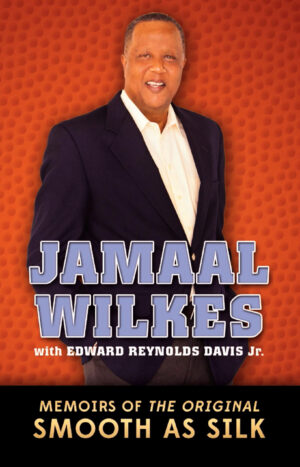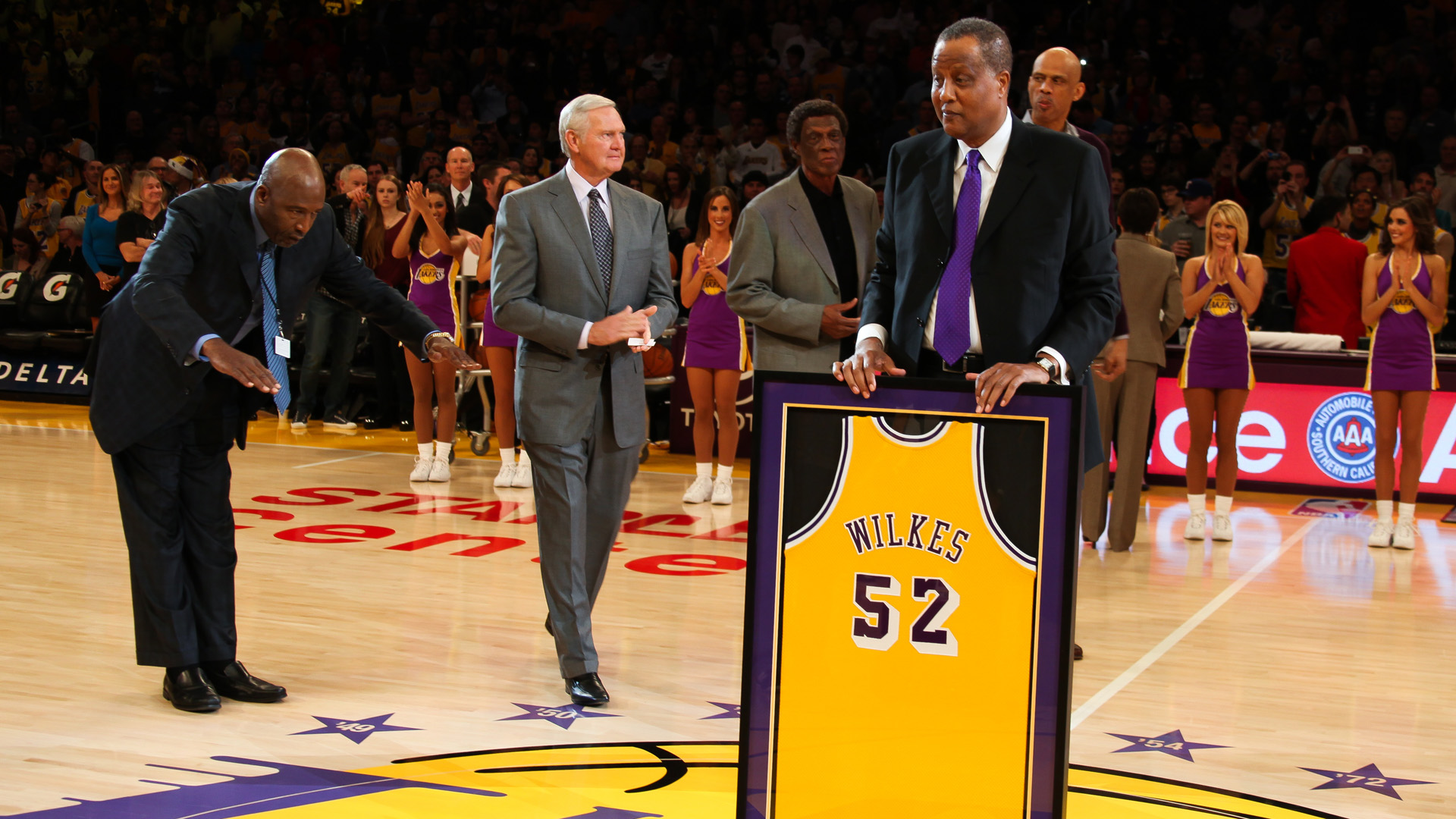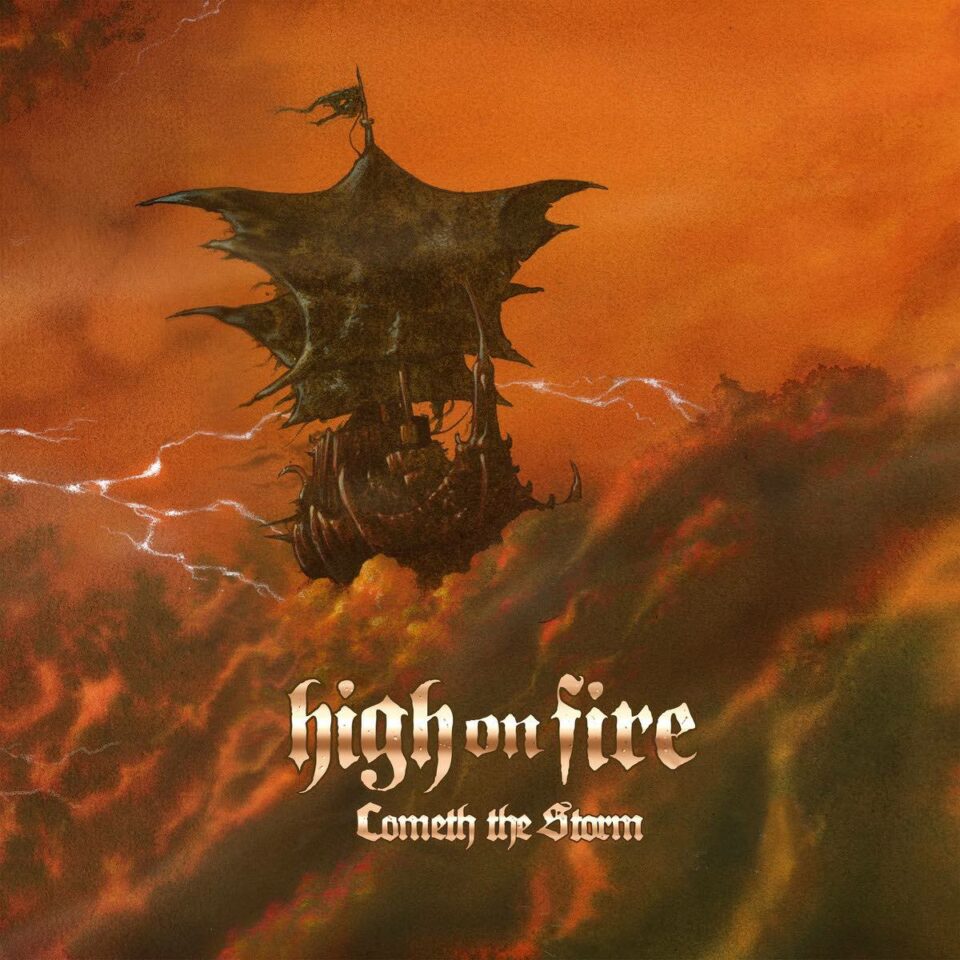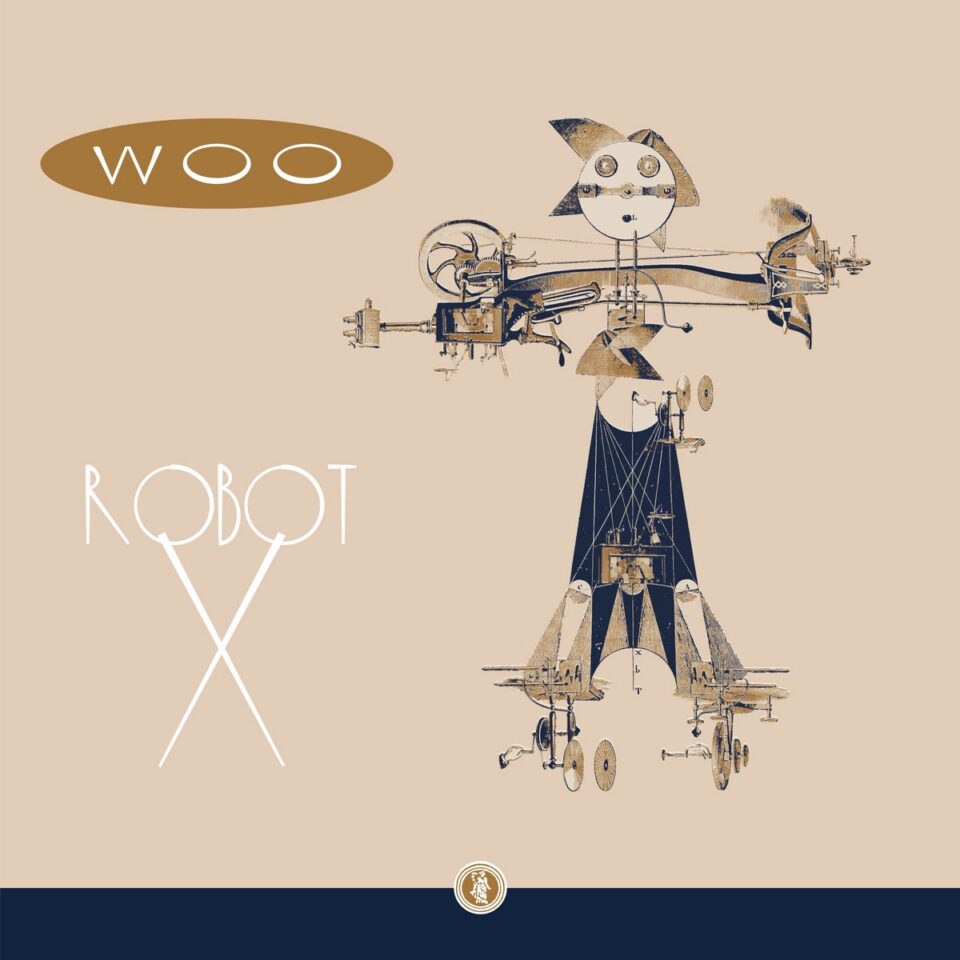Even though the title of basketball legend Jamaal Wilkes’s new book, Jamaal Wilkes: Memoirs of The Original Smooth As Silk, seems to imply an existing competitive claim to the nickname of “Silk,” you’d be hard-pressed to find any player—past or present—who warrants a full comparison to the unique brand of quiet dominance put on display throughout his career. A two-time NCAA champion under John Wooden at UCLA in ’72 and ’73, and four-time NBA champion (with the Warriors in ’75—their first and only franchise win in the Bay Area—and the “Showtime” Lakers in ’80, ’82, and ’85), Wilkes crafted a Hall of Fame résumé by playing the right-hand-man to legends like Bill Walton, Rick Barry, and, most famously, Magic Johnson and Kareem Abdul-Jabbar, earning their trust with a go-to shot so effortless that the great play-by-play man Chick Hearn would lovingly refer to it as a “twenty-foot layup.”
In conversation, Wilkes is as smooth and assured today as his game was in his prime, and meeting in LA to talk about the memoir he’s written, he will modestly offer up Kawhi Leonard of the San Antonio Spurs as a player potentially in line to become an heir to the “Silk” throne. This is a more than apt comparison in a few regards, to be sure, but given Wilkes’s humble nature, it downplays the key aspect of him having played—and flourished—in the most high-profile basketball market in existence: Los Angeles.
“I grew up always trying to express myself through the team’s success,” says Wilkes, a Berkeley-born, Southern California-raised phenom who ended up at UCLA right in the middle of Coach Wooden’s dynasty years. “I learned that you can debate who the best player was on any given night, but you can’t debate who won. And so I learned to focus my efforts towards winning first, and then the rest second.”
Personally recruited by Wooden to join the Bruins, Wilkes fit perfectly with the organizational mindset of meticulous selflessness and discipline, ultimately serving as a central force in the UCLA teams that won eighty-eight-straight games—a record that will likely never be broken. “[Coach Wooden] would literally show us how to put on our socks and lace up our shoes,” Wilkes reflects. “His attention to detail was second to none.”
With Wooden’s famous Pyramid of Success manifested deeply “inside [his] brain somewhere,” Wilkes made the successful transition from college to the NBA, pausing for a quick and essential stop on his way to star in—not kidding here—the 1975 basketball drama Cornbread, Earl and Me (alongside Laurence Fishburne, who was making his feature debut at the age of twelve). Now, if you’d prefer, you can write this instance off as simply another example of the ’70s being a strange, strange decade, but in a sense, the quick foray into acting is a useful anecdote for those fooled into thinking that Wilkes didn’t know how to step center stage. Just ask Dr. J and the 1980 Philadelphia 76ers, who fell at home in a decisive sixth game finals match-up to a Kareem-less Lakers team thanks to an elite performance from rookie Magic Johnson, and a career-defining thirty-seven-point effort from “Silk” right by his side.

Now over forty years out from his professional debut, Wilkes’s memoir comes at a curious time for his three former NBA teams, with the Warriors poised to capture their first championship since he left, the Lakers going through a massive rebuilding process following their worst season in franchise history, and the Clippers playing like actual contenders for once (though they are still the Clippers). For the record, Wilkes is pulling for the Warriors this week (“I don’t know if it’s for sentimental reasons or what”), but his heart continues to lie with the purple and gold, it seems—at Staples Center via The Forum.
“I don’t think that Kobe [Bryant] can be the Kobe that we’ve all grown to know and love, you know, for forty minutes carrying the team,” he says, considering the upcoming 2015–16 Lakers squad. “I think he can still give them twenty, thirty good minutes every night, hopefully, but just as important, be a mentor to the younger players to help them—those that want it—learn what it takes to be a great champion.”
If Kobe is looking for any additions to his lesson plan, however, he might want to think about giving “Silk” a call. FL









